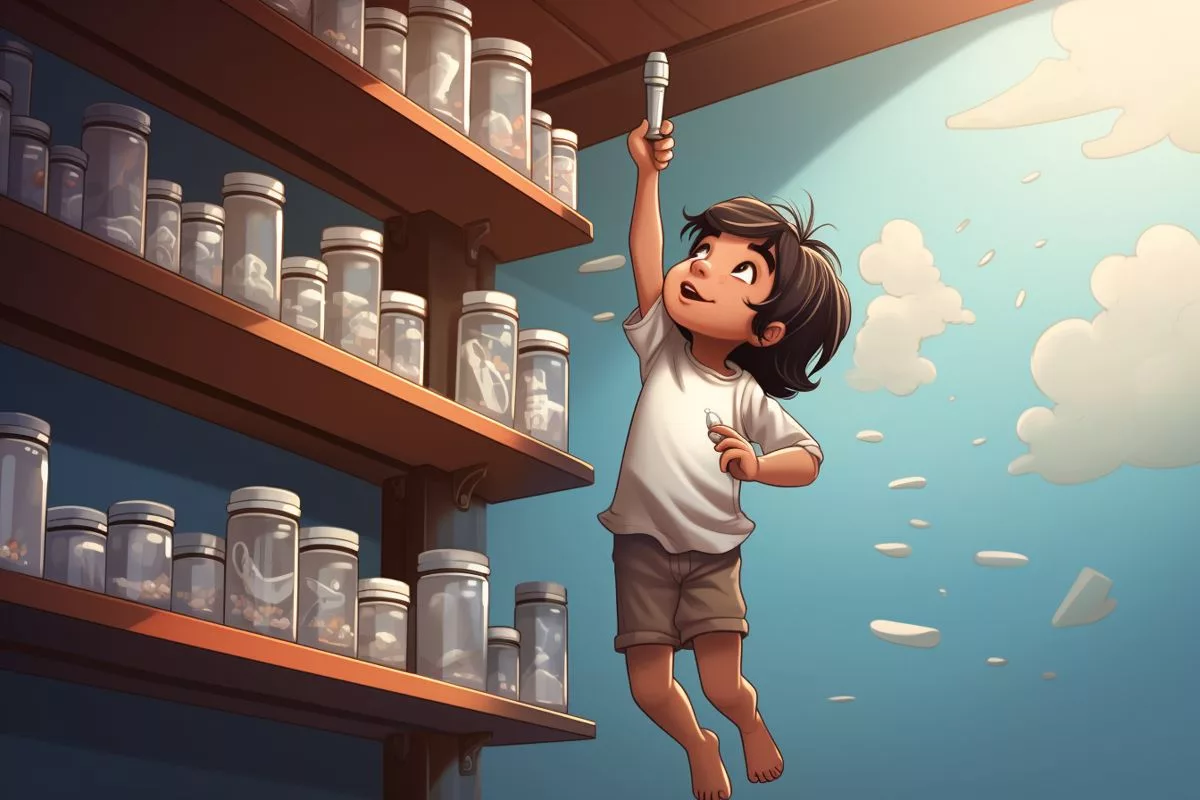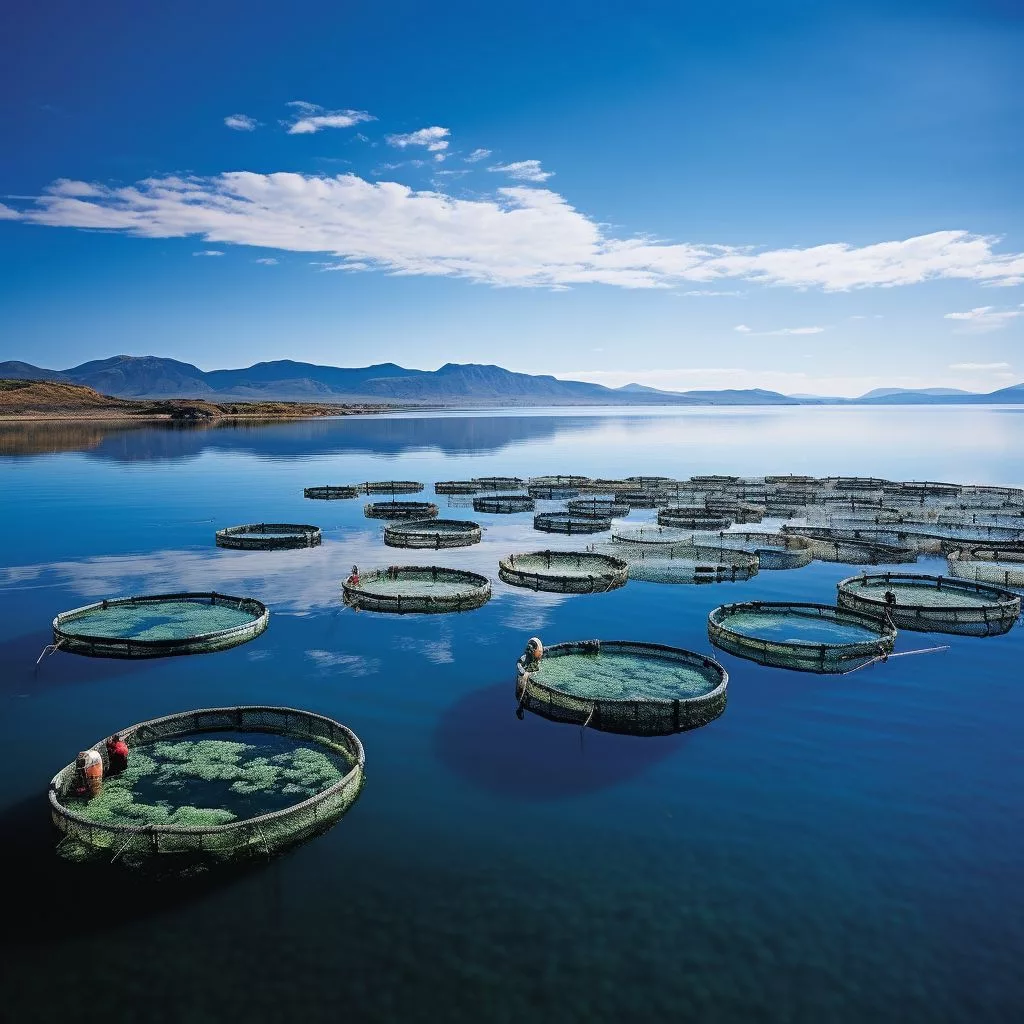Over two months, Red Cross War Memorial Children’s Hospital and Tygerberg Hospital addressed over 2,500 cases of poisonings in Cape Town. The Poisons Information Helpline proved to be an invaluable resource, providing assistance and advice for situations such as medication overdoses and exposure to household products. The Western Cape Government released safety tips aimed at curbing the risk of poisonings, including storing medications and poisonous substances out of children’s reach and caution when visiting homes where such safety measures may not be strictly followed.
The Battle Against Poisoning in Cape Town
Over the course of two months, Red Cross War Memorial Children’s Hospital and Tygerberg Hospital addressed over 2,500 cases of poisonings in Cape Town. Children are particularly vulnerable to accidents with medication, exposure to pesticides, and stings. The Poisons Information Helpline proved to be an invaluable resource for many, providing 24/7 assistance and advice. The Western Cape Government released a series of safety tips aimed at curbing the risk of poisonings, including securely storing medications and poisonous substances out of children’s reach and promptly putting away medications after use.
The Battle Against Poisoning in Cape Town
In the bustling metropolis of Cape Town, two hospitals emerged as pillars of strength, combating a wave of poisonings that engulfed the city. Over the course of just two months, from December 2022 through January 2023, both the Red Cross War Memorial Children’s Hospital (RCWMCH) and Tygerberg Hospital (TBH) addressed an alarming 2,500 plus cases of poisonings. These incidents served as a wake-up call for the community, particularly parents, to the ever-present dangers hidden within their households.
Carine Marks, the respected head of the Poisons Information Centre at TBH, stressed the need for constant vigilance against these looming threats. Marks warned, “Children are particularly vulnerable. Accidents with medication, exposure to pesticides, and stings pose the greatest risk for poisoning.” Her words reverberated with a chilling reality, mirrored in the thousands of frantic calls made to the Poisons Information Helpline.
The Poisons Information Helpline proved to be an invaluable resource for many, providing 24/7 assistance and advice. With a committed team of 14 clinicians and pharmacists, the helpline handled roughly 13,600 calls each year, with over 1,100 calls per month. These urgent calls typically involved situations such as medication overdoses, exposure to pesticides or common household products, and animal and insect bites or stings.
The Need for Increased Safety Measures
Dr. Cindy Stephen, who heads the Poisons Information Centre at RCWMCH, brought another perspective to this pressing issue. She underscored the urgency for enhanced safety precautions, especially during festive seasons, stressing, “Extra efforts must be made to store medicines and chemicals safely away from children’s reach. The summer season also sees heightened activity from snakes, spiders, and scorpions, thus increasing the risk of envenomations significantly.”
In response to the crisis, the Western Cape Government rose to the occasion, releasing a series of safety tips aimed at curbing the risk of poisonings. These guidelines outlined essential preventative measures, such as securely storing medications and poisonous substances out of children’s reach and promptly putting away medications after use.
The government further counseled against storing medications in travel or shopping bags, as curious children could easily access them. They also emphasized the need for caution when visiting homes where such safety measures may not be strictly followed. Additionally, the importance of safely storing loose batteries was highlighted, given the serious harm that can result if they are accidentally swallowed.
Safety Guidelines and Precautions
Regarding household substances, the government advised against transferring paraffin or other poisonous liquids into juice bottles, as the deceptive appearance of these containers could lead to accidental ingestion.
With respect to pesticide use, the government recommended buying only those products that come with proper labeling from reputable stores. They warned against the use of unmarked black granules or white liquids, which often pose a significant risk to human health.
The government also shared guidelines for outdoor safety, suggesting the use of closed shoes while hiking and a torch when walking outside at night to avoid snakebites. They also issued guidelines for handling snakebite incidents, stressing the need to keep the victim calm and rush them to the nearest hospital immediately.
For incidents involving jellyfish or blue bottle stings, the recommended immediate care included careful removal of the tentacles, rinsing the sting site with seawater, and submerging it in hot water for at least 20 minutes to ease the pain. The use of substances like vinegar, meat tenderizers, methylated spirits, or any other substances on the sting area was strongly discouraged.
As an added measure, the government suggested that everyone save the 24/7 Poisons Information Helpline number in their contact list for emergency situations.
Navigating the Crisis Together
The sudden rise in poisoning cases in Cape Town served as a stark reminder of the need for constant watchfulness in protecting ourselves and our children from such threats. However, it also shone a light on the tireless efforts of healthcare workers, the government, and community members who have come together to address this crisis. As Cape Town wages its battle against poisonings, the powerful words of Carine Marks and Dr. Cindy Stephen ring true, reminding us of the tasks ahead and the resilience of the Cape Town community.
How many cases of poisonings did Red Cross War Memorial Children’s Hospital and Tygerberg Hospital address in Cape Town?
Over two months, Red Cross War Memorial Children’s Hospital and Tygerberg Hospital addressed over 2,500 cases of poisonings in Cape Town.
Who provided assistance and advice to those affected by poisonings in Cape Town?
The Poisons Information Helpline provided assistance and advice to those affected by poisonings in Cape Town.
What are some safety tips released by the Western Cape Government to curb the risk of poisonings?
The Western Cape Government released safety tips aimed at curbing the risk of poisonings, including securely storing medications and poisonous substances out of children’s reach, caution when visiting homes where such safety measures may not be strictly followed, against transferring paraffin or other poisonous liquids into juice bottles, and buying only those products that come with proper labeling from reputable stores.
What are some of the household substances that pose a risk to human health?
Black granules and white liquids that are unmarked often pose a significant risk to human health.
How can one handle a snakebite incident?
In case of a snakebite incident, one must keep the victim calm and rush them to the nearest hospital immediately.
What is the Poisons Information Helpline number?
The Poisons Information Helpline number is available 24/7 and can be saved in one’s contact list for emergency situations.












